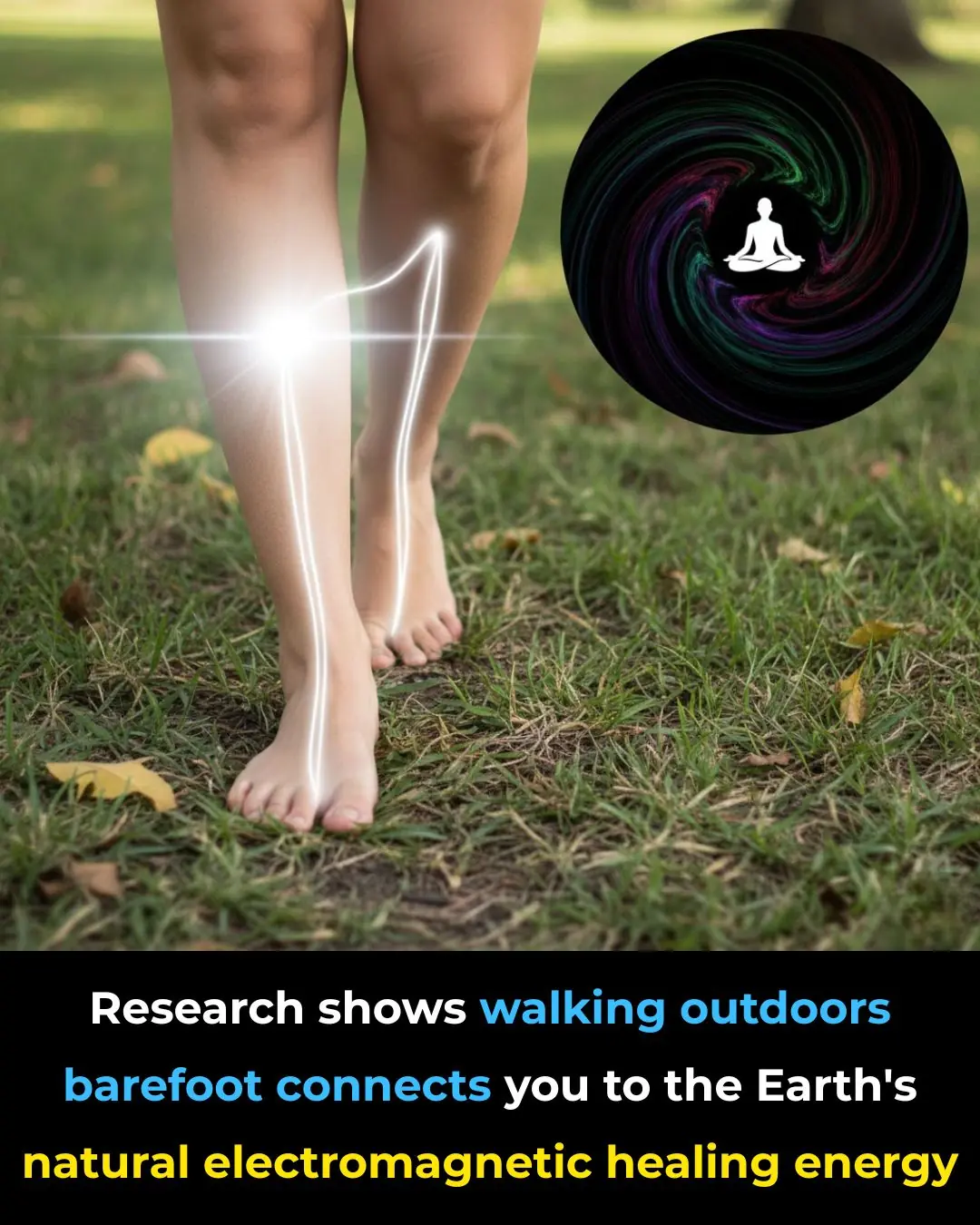
Hayli Gubbi Volcano Erupts in Ethiopia for First Time in 12,000 Years



On November 23, 2025, a remarkable geological event unfolded in Ethiopia — the Hayli Gubbi volcano erupted for the first time in nearly 12,000 years, shocking scientists and local communities alike.
Located in the remote Afar Region in northeastern Ethiopia — approximately 500 miles (about 800 kilometres) northeast of the capital Addis Ababa and near the border with Eritrea — Hayli Gubbi erupted violently after millennia of silence.
The Eruption and Its Scope
According to international monitoring by the Toulouse Volcanic Ash Advisory Center (VAAC), the eruption expelled massive ash and smoke plumes soaring as high as 9 miles (approximately 14 km) into the sky. Some reports even estimate the ash column reached up to 14 km (45,000 ft).
Satellite imagery — including images captured by NASA — clearly shows a vast plume of volcanic ash drifting eastward over the Red Sea and onward toward the Arabian Peninsula and beyond.According to observers, the plume’s trajectory carried it over countries such as Yemen, Oman, and further toward South Asia and northern Pakistan.
Local witnesses described the eruption as extraordinarily sudden and loud. One resident compared the blast to “a sudden bomb,” followed by a shock wave and a towering column of ash and smoke.
No Human Casualties — But Socioeconomic Impacts
So far, no human casualties or livestock losses have been reported. Local authorities, including a regional official named Mohammed Seid, said that although no lives were lost, the eruption could severely affect the livelihoods of pastoral communities. Many villages were blanketed in ash, and grazing lands for animals have been compromised.
Because the region is sparsely populated and remote — often with limited scientific monitoring — past eruptions may have gone unnoticed. The volcanic resurgence of Hayli Gubbi serves as a stark reminder that even long‑dormant volcanoes in remote areas can become active again.
Geological Significance — What This Awakening Means
Hayli Gubbi is a shield volcano, part of the southernmost segment of the Erta Ale Range, itself nested in the geologically volatile East African Rift System.
According to the Smithsonian Institution’s Global Volcanism Program, there has been no known eruption of Hayli Gubbi during the entire Holocene period — the current geological epoch that began about 12,000 years ago.
This eruption therefore provides scientists with a rare opportunity to study a volcano awakening after a very long period of dormancy. The fact that such a previously quiet volcano can suddenly erupt shows how dynamic and unpredictable rift‑zone volcanism can be.
Moreover, initial analyses reported a substantial release of sulfur dioxide (SO₂) during the eruption — a hallmark of magmatic activity close to the surface — raising concerns about potential atmospheric and environmental impacts.
Wider Impacts: Aviation, Environment, Communities
Because the ash plume drifted across international air routes, several airlines, particularly in India, canceled flights as a precaution.
On the ground, communities near the volcano — many of them subsistence herders and salt‑workers in remote villages like Afdera — have been left dealing with heavy ash fallout. The ash not only obscured visibility and hampered movement (stranding tourists and guides), but also covered pasture lands, threatening livestock and the fragile economies of these communities.
From a scientific perspective, the event has sparked urgent calls for more intensive geological and seismological studies in the Afar region — a geologically active rift area that remains under‑monitored compared with other volcano zones in the world.
In conclusion, the eruption of Hayli Gubbi in late November 2025 — the first recorded in roughly 12,000 years — is far more than a local natural disaster. It is a major geological event that underscores the ongoing dynamism of Earth’s crust in rift zones, reveals the latent volatility of seemingly dormant volcanoes, and highlights the profound ripple effects such eruptions can create: from livestock livelihoods and regional air travel, to global scientific interest in continental tectonics.
News in the same category


Dreaming of a deceased person: here's what it means

The Common Bra Mistake

What Your Sleeping Position as a Couple Might Reveal

Envy Rarely Looks Like Hate

Why Slugs Keep Showing Up in Your Home

Almost Everyone Experiences This After Turning 70, Like It or Not

Did you know that if a white and yellow cat approaches you, it's because…

A baby is born in the United States from an embryo frozen more than 30 years ago.

12 nasty habits in old age that everyone notices, but no one dares to tell you

Why do couples sleep separately after age 50?

Scientists create a universal kidney: it is compatible with all blood types

When a person keeps coming back to your mind: possible emotional and psychological reasons

A promising retinal implant could restore sight to blind patients

Scientists develop nanorobots that rebuild teeth without the need for dentists

Grip Strength and Brain Health: More Than Muscle

Bioprinted Windpipe: A Milestone in Regenerative Medicine

Bagworms Inside Your Home

Scientists discover that stem cells from wisdom teeth could help in regenerative medicine

What the Research Shows
News Post

He Crashed the Wedding With a Smile—She Raised a Shield and Ended the Nightmare

“He Smashed My Violin in Front of Everyone… Then a Black Sedan Stopped the Street.”

She Accused a Cruise Dishwasher of Stealing Her Diamond Ring — What Happened Next Froze the Entire Ship

8 Foods You Should Eat Instead of Taking a Vitamin C Supplement

Right-Side Abdominal Pain in Women: Could It Be Gallstones?

It Looks Like I Had Cosmetic Surgery”: The At-Home Routine People Use to Improve the Look of Wrinkles and Dark Spots on Hands and Arms

The Last Five Dollars

The Forgotten Backpack

Everything You Need To Know About Nail Pitting

🧠 8 Strange (But Real) Signs Your Body Is Begging for More Vitamin B12 – Don’t Ignore These Red Flags

How To Identify Skin Tags and When To Remove Them

14 Visible Signs of Cancer Most Women Ignore

Reducing Prostate Discomfort Naturally with a Tomato and Garlic Drink

Never Throw Away the Avocado Seed Again — Here’s Why

Guava Leaves Benefits: The Underrated Natural Remedy You Shouldn’t Ignore 🍃💪

Herbal Tea for Swollen Legs: Natural Diuretic & Anti-Inflammatory Recipe, How to Use It, and Precautions

Avocado Seed Benefits: The Overlooked Natural Remedy for Joint and Back Pain

How Garlic and Lemon Can Gently Support Your Eye Comfort and Vision Wellness

Was He Really Jesus?
